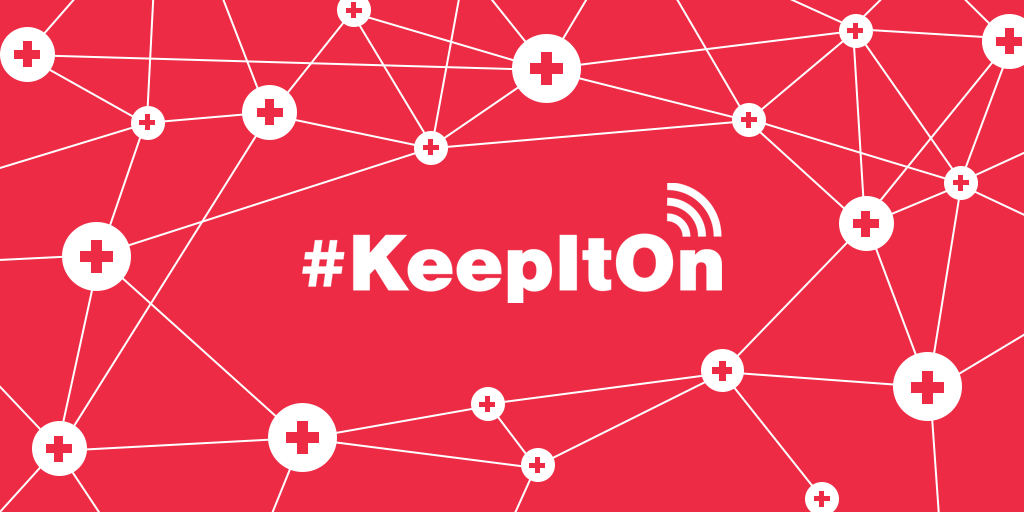Arabic version here.
Access Now, together with 29 organizations from around the world, signed a joint statement urging the governments of the United Arab Emirates (UAE), Oman, and Qatar to permanently lift the ban on WhatsApp, FaceTime, Skype, and all other Voice Over IP (VoIP) platforms used for voice and video internet calls, especially in light of the global COVID-19 pandemic.
While the UAE and Oman have recently unblocked Skype for Business, Zoom, and other apps on an “exceptional” and temporary basis in response to the spread of COVID-19, popular communication apps such as WhatsApp, Skype, and FaceTime remain blocked for the Gulf population, causing a public outcry.
Access to these apps impacts people’s ability to receive care through telehealth, continue work and education, communicate with friends and family during social isolation, and ensure the safety and wellbeing of their loved ones. These impacts are especially severe for the large populations of migrant workers who depend on these tools for affordable and accessible communication with their communities in their home countries.
“It’s more urgent than ever for governments in the UAE, Oman, and Qatar — and everywhere else — to unblock access to all voice and video internet calls, not only during the coronavirus crisis but permanently,” said Marwa Fatafta, Access Now’s MENA Policy Manager. “The current crisis demonstrates again why such bans are a bad idea. People have a fundamental right to work, learn, access and receive information, and connect with others online. It shouldn’t be up to governments to decide when and how.”
“One of the weapons people have against COVID-19 is information. Gulf governments, especially during this public health crisis, should not be in the business of restricting the free flow of information. Rather, they should facilitate unfettered access to a reliable, open, and secure internet, including communication apps,” said Berhan Taye, Access Now’s Global Internet Shutdowns Lead.
Follow our work on the protection of digital rights in the context of the COVID-19 pandemic.
